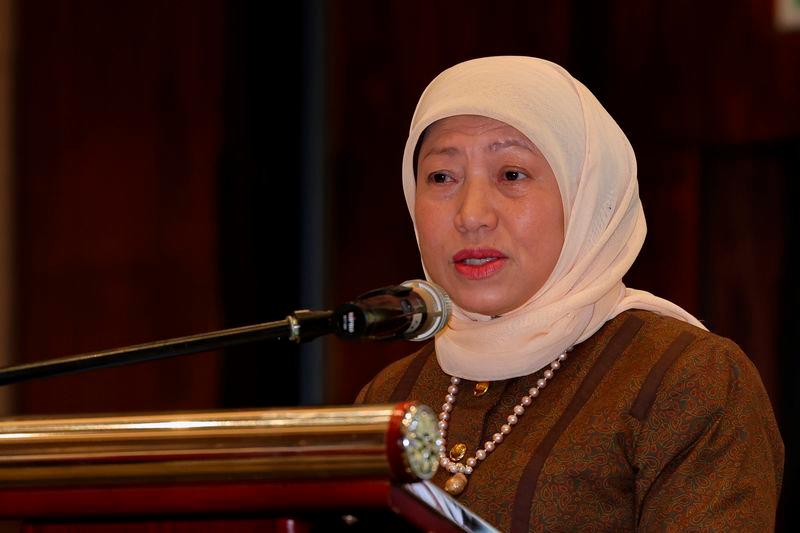KUALA LUMPUR: The immediate return of children rescued during Op Global to their parents and families is a top priority for the Ministry of Women, Family and Community Development (KPWKM).
However, its minister, Datuk Seri Nancy Shukri said KPWKM must first ensure that the children’s parents and families can provide adequate and proper care.
“For cases where the capability of the parents and families is clearly established, the reunification process can proceed without delay. In more complex situations, intervention programmes will be implemented to ensure the children’s and families’ best interests are safeguarded
“The ultimate goal is to reunite these children with their families. However, before this can happen, several factors need to be carefully evaluated. This is not about denying anyone’s rights, but about ensuring the best interests of the children are upheld,” Nancy said during a minister’s briefing session on GISB Holdings Sdn Bhd (GISBH) in the Dewan Rakyat today.
As of yesterday, 560 children – 283 boys and 277 girls – had been placed in safe custody after the Social Welfare Department (JKM) obtained a temporary court custody order for two months under Section 25(2)(a) of the Child Act 2001.
Meanwhile, Nancy said the Task Force Profiling Team for Op Global found that 94.3 per cent of the 558 profiled children had at least one living biological parent, while 5.7 per cent had no parents or no available information on their parents.
Health assessments showed that 51.6 per cent of the children were underweight, falling below the healthy Body Mass Index (BMI), while 46.1 per cent had a normal weight and the remaining children were classified as obese, she added.
“Three children have been issued persons with disabilities (PwD) cards, while 27 others display symptoms of disability,” she added.
Cognitive assessments were also conducted on 385 children aged seven and above, with 71.9 per cent (277 children) showing no signs of cognitive disorders, she said.
“However, 20.26 per cent (78 children) displayed moderate cognitive disorders, while 7.79 per cent (30 children) were found to have severe cognitive impairments,” Nancy said.









